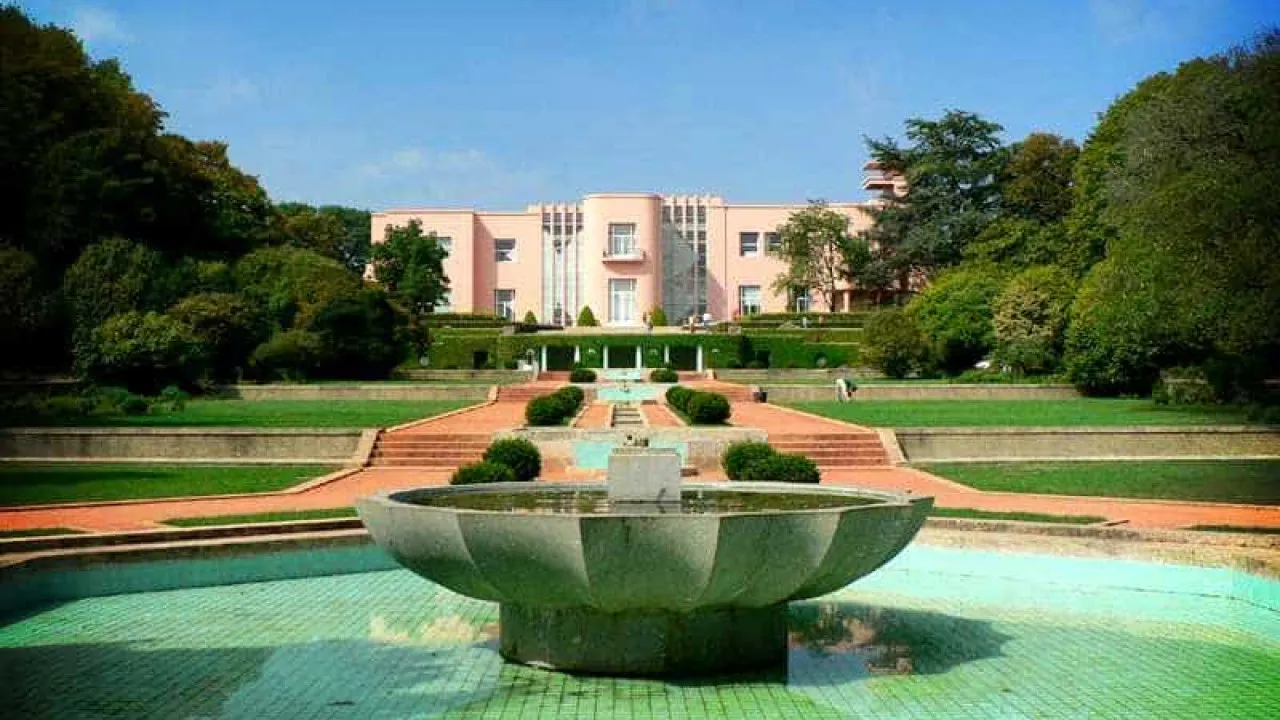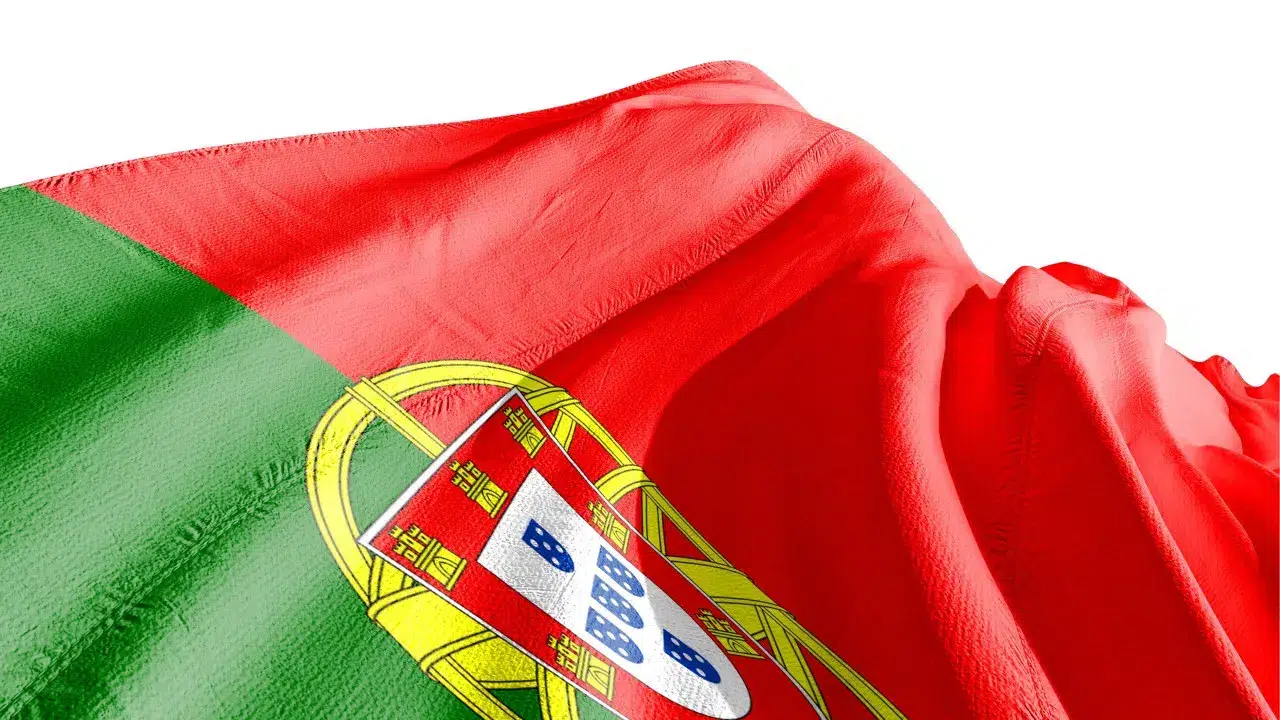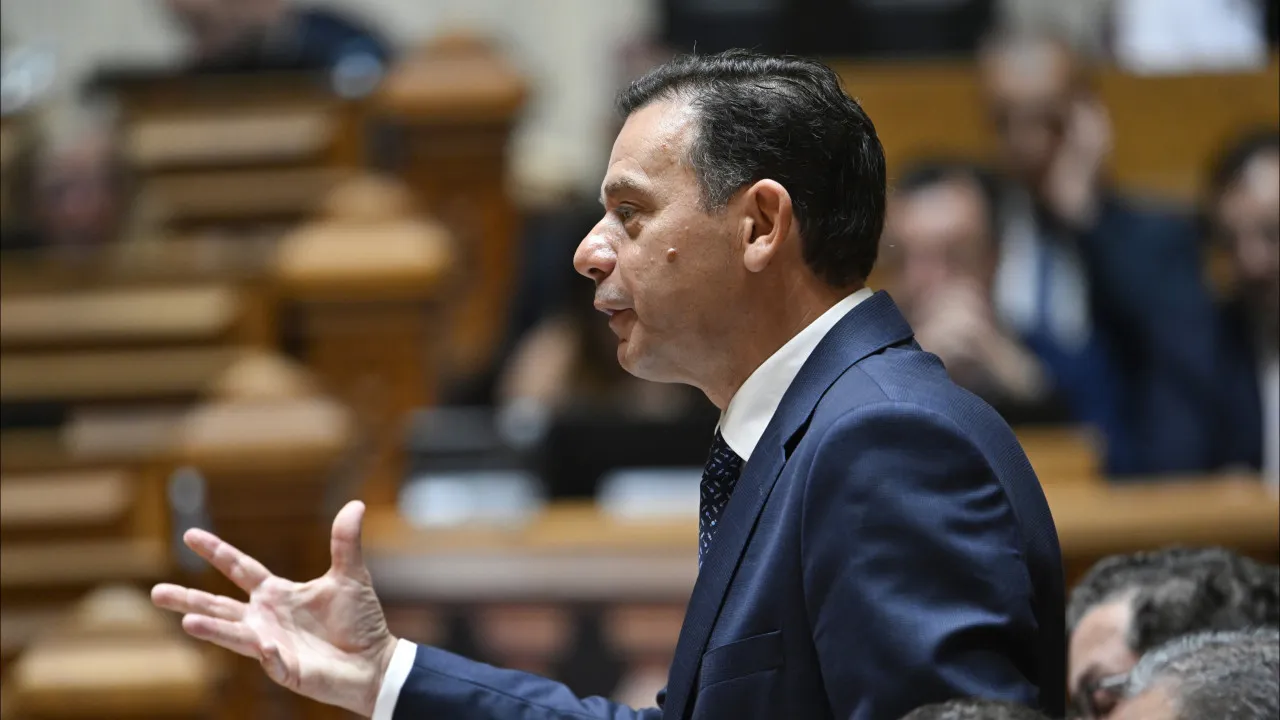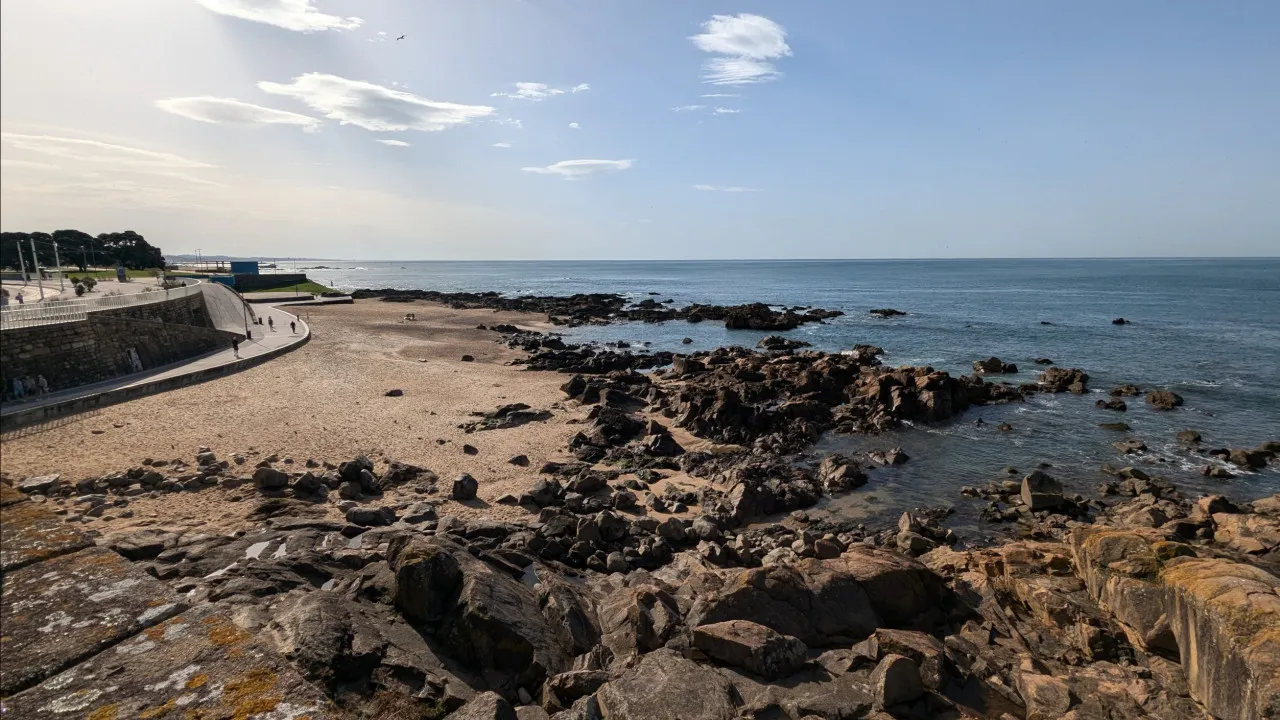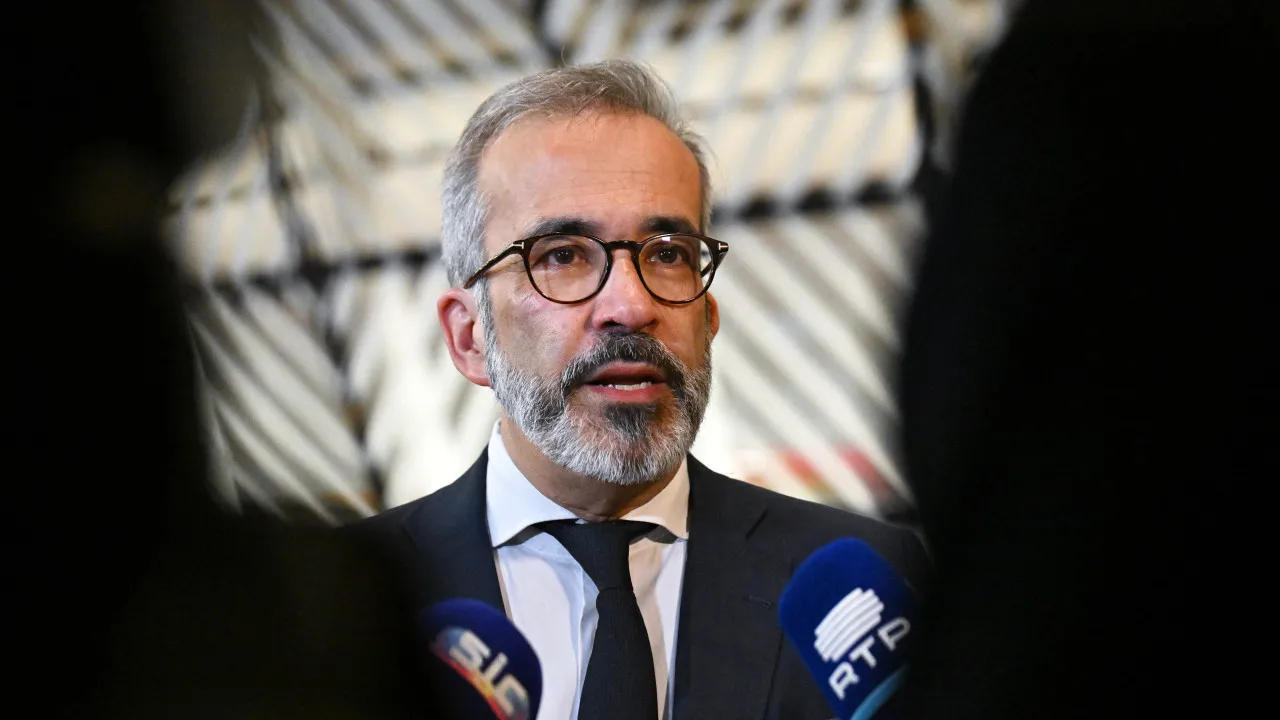
“Portugal will always support civil society, but allowing civil society to work with full autonomy, meaning it is not up to us to guide the action of NGOs,” stated Paulo Rangel at the Casa dos Direitos, addressing leaders of these organizations that form a platform for the defense of human rights, whom he called “heroes and heroines.”
In a “developing country that has so many needs, embracing these struggles is an act of courage, because they are struggles that, as you rightly said, are never finished,” he emphasized on the first day of his visit to Bissau.
The Portuguese official considered the work supported and funded by the Portuguese Government in Guinea-Bissau to be “very important,” highlighting activities in areas such as gender equality and the promotion of women’s roles.
“The issue of radicalization and violence is fundamental. In a very young society (…) demographically strong, as are African societies in general, (…) obviously, we need to find training and employment, occupations for these young people,” the official argued.
Rangel further highlighted the importance of work in the justice area: “Justice in the sense of rights, courts, even more traditional justice, but that is agile and independent,” as well as in “justice in education, health, protection of the elderly, and there is, of course, a lot to do.”
The Portuguese Minister of Foreign Affairs emphasized the defense of “freedom of expression, freedom of thought, freedom of religion, political freedom,” but warned that “we must also consider that these freedoms require that people have some economic and social autonomy.”
Previously, the president of one of the NGOs, the Guinean League for Human Rights, stated that the visit of the State and Foreign Minister was the “firm recognition of the transformative role” of the Casa dos Direitos “in citizenship, democracy, and the rule of law in Guinea-Bissau.”
Bubacar Turé expressed gratitude for Portugal’s “permanent support,” “a founding partner” of a space he described as “a space of resistance and dialogue with the national authorities” of Guinea-Bissau.
Turé also highlighted the work carried out through two projects “entirely funded by Portugal” in the area of human rights and another co-funded by Lisbon with activities to combat “radicalization, extremism, and violence.”

